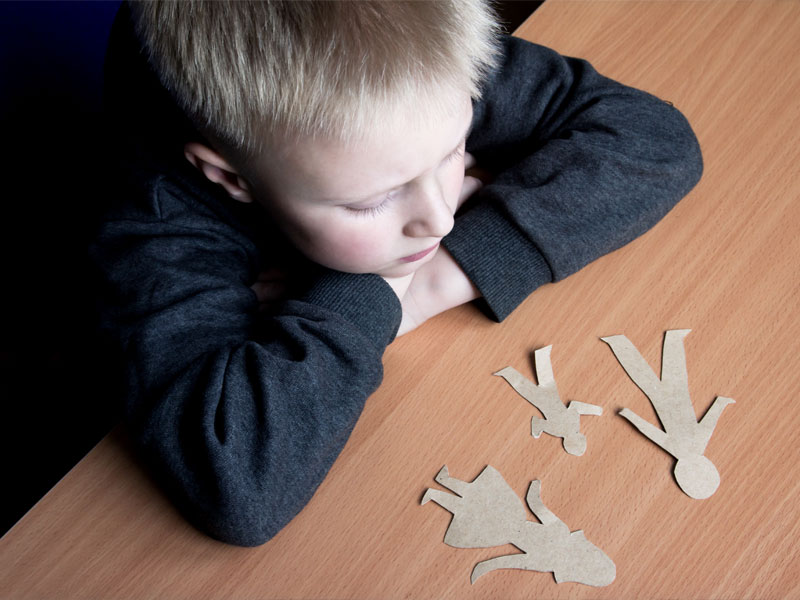
By Rebecca Caswell-Fox, CEO of KidsAid – 27 May 2025.
Last week’s publication of the Children’s Commissioner 2025 Report is a sobering reminder of the urgent and growing mental health crisis facing our children and young people.
At KidsAid, a charity dedicated to supporting the emotional wellbeing of children and young people through therapeutic services, we welcome the Commissioner’s honest, evidence-based insight. Yet, the findings are profoundly troubling. The report highlights a generation burdened by challenges they did not cause, while the very systems designed to support them are under strain – or in some cases, failing altogether.
The report reveals an alarming rise in mental health referrals across all age groups, with waiting times in many areas extending beyond a year. Even more concerning is that these reported figures often reflect only initial contact—and it’s not always clear whether that marks the beginning of actual treatment or simply a preliminary step, such as an assessment. As a result, many children and young people may be waiting significantly longer than the data suggests before receiving meaningful support.
For some, the wait is not just long – it’s dangerous.
It is deeply concerning that nearly 40% of young people who seek mental health support are turned away or left unsupported due to thresholds that are simply too high. We must ask: What message does this send to a child in distress?
Behind every statistic is a child or young person with a name, a story, and a future hanging in the balance.
At KidsAid, we work with children and young people who have experienced trauma and other significant challenges affecting their mental health – many of whom fall short of the rising threshold for formal Children and Young People Mental Health Services (CYMHS) or social care.
These young people are caught in the ‘invisible middle’: their needs are too complex for schools to manage alone or for lower-level, short-term interventions to make a meaningful difference, yet not severe enough to qualify for statutory intervention.
The Commissioner rightly calls on the Department for Education and the Department for Health and Social Care to prioritise closing this gap, especially for children and young people with neurodevelopmental needs, trauma histories, or mental health conditions spanning both health and social care systems.
The charity sector has long stepped in to fill gaps left by overstretched statutory services. But today, we are doing much more than filling gaps, we are propping up entire parts of the system. Charities like KidsAid are often the only accessible source of therapeutic support for children and young people falling through the cracks.
Yet, this vital work rests on fragile foundations. Funding remains inconsistent, short-term, and heavily restricted, forcing organisations to stretch themselves thinner and thinner to meet growing demand.
The Commissioner’s report should not be another document left to gather dust. It must serve as a call to action for policymakers, funders, and society at large. We urgently need:
At KidsAid, we remain committed to supporting children and young people through their most challenging moments. But we cannot- and should not- do it alone.
We urge those in positions of power to read this report as a roadmap for meaningful change. We ask our supporters to stand with us as we push for a future where every child and young person can access the support they need, exactly when they need it.
Because childhood and adolescence should be times of hope and joy – not spent waiting for help that may never come.